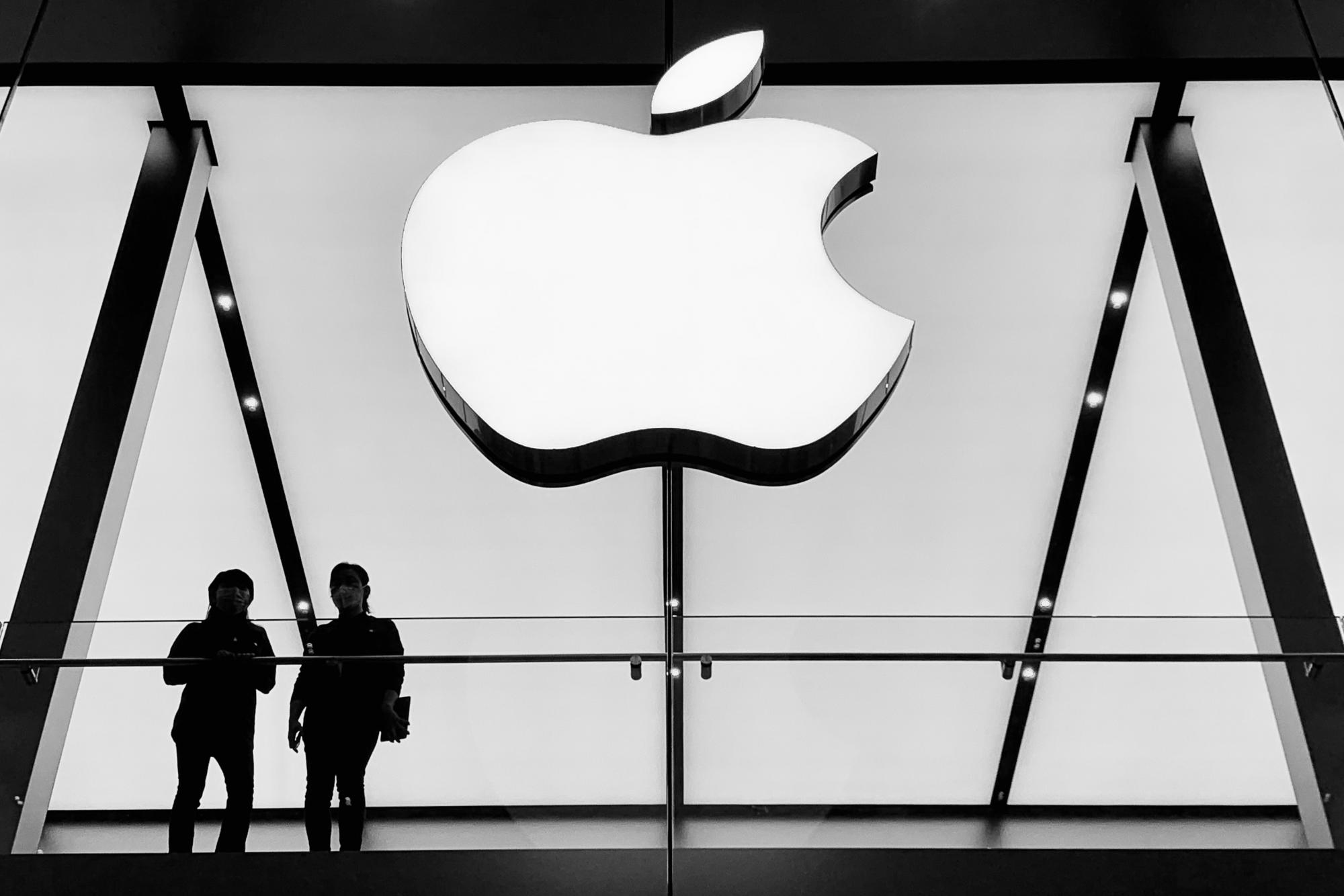New Analysis - schedule post
$10
29 Oct 2025, 12:59

Image - Upslash

Apple shares have been in freefall recently as China has reportedly banned the use of iPhones for government officials and institutions. While this is not ‘confirmed’ by the Chinese government the news has sparked a sell-off in the stock wiping out around $200bn of market cap (or around 6%). Topped with mixed earnings in July, the stock is now down 10% from its highs.
The WSJ has reported from insiders that Chinese officials and members of the government are no longer allowed any Apple products including iPhones present while performing government-based tasks. This could be a big blow for Apple as nearly 1/5th of its revenue is from sales in China.
According to a poll by Statista, there is roughly 100m individuals who are employed by the Chinese Communist Party (CCP), but only 7.78m are employed within state or government agency roles. Around 26m are employed in agriculture and 20m are retirees. Taking this into consideration as this is just a report and not confirmed, assuming all 7.78m employees within CCP actually have an iPhone total revenue generation from iPhone sales could amount to $8.2bn or just 2.6% of Apple's annual average turnover + services revenue. If this report is true for the entirety of the employees within the CCP party, then Apple could have an issue as that would be worth a maximum of $105bn in revenue + additional services.
It’s obvious that not all 100m CCP or 7.78m Government CCP employees have an iPhone or Apple product, therefore these numbers are impossible to predict and the figures justified above just outline a best-case revenue scenario for Apple having a monopoly on iPhone sales within the CCP party, of which they don’t. Given these numbers though, if the CCP has taken such action, then a drop in Apple shares by 6% could be justified as this would have a ripple effect through families working within government-based roles.
So why would China do such a thing? Privacy & competition. For many decades China has been attempting to catch up to the USA in a technology race. Just last year, the USA restricted the use of TikTok in government-based roles because of rumours that ByteDance, the owner of TikTok was spying on the USA and this opposed ban could be a perfect reason for China to hit back and increase Sino-US tensions once more. Many analysts have cited that China is not willing to spare any US company in a push toward independence from tech giants even though Apple employs millions for its production of Apple tech in China.
Let’s look at the chart and see what levels of support Apple shares could possibly have. Using a Fibonacci retracement on the stock dating back to the January Lows, the next level of support for Apple comes in at around $170.15 per share, with a break below here then aiming for $161.50. If such a report was confirmed as a national policy within China, Apple could drop to these lower levels fast as already seen. Towards the upside, $180.87 is now acting as technical resistance with further resistance at $190. Until $190 is broken, however, it looks as though Apple will likely trade in a sideways pattern until either good news above the economy is present or China denies rumours of the ban, which of right now, isn’t looking too promising. After the recent drops, Apple's P/E ratio is now at 29.84 which means investors are paying $29.84 for every $1 of profit Apple makes, for comparison at the start of the pandemic this number was 19.43, and in 2018 this number was around 15.
It's also worth taking into consideration that Apple makes up 11.4% of the NASDAQ index and 7.2% of the S&P index, so a period of consolidation for the stock will limit some upside potential for indices in the coming weeks or months leading to Christmas.